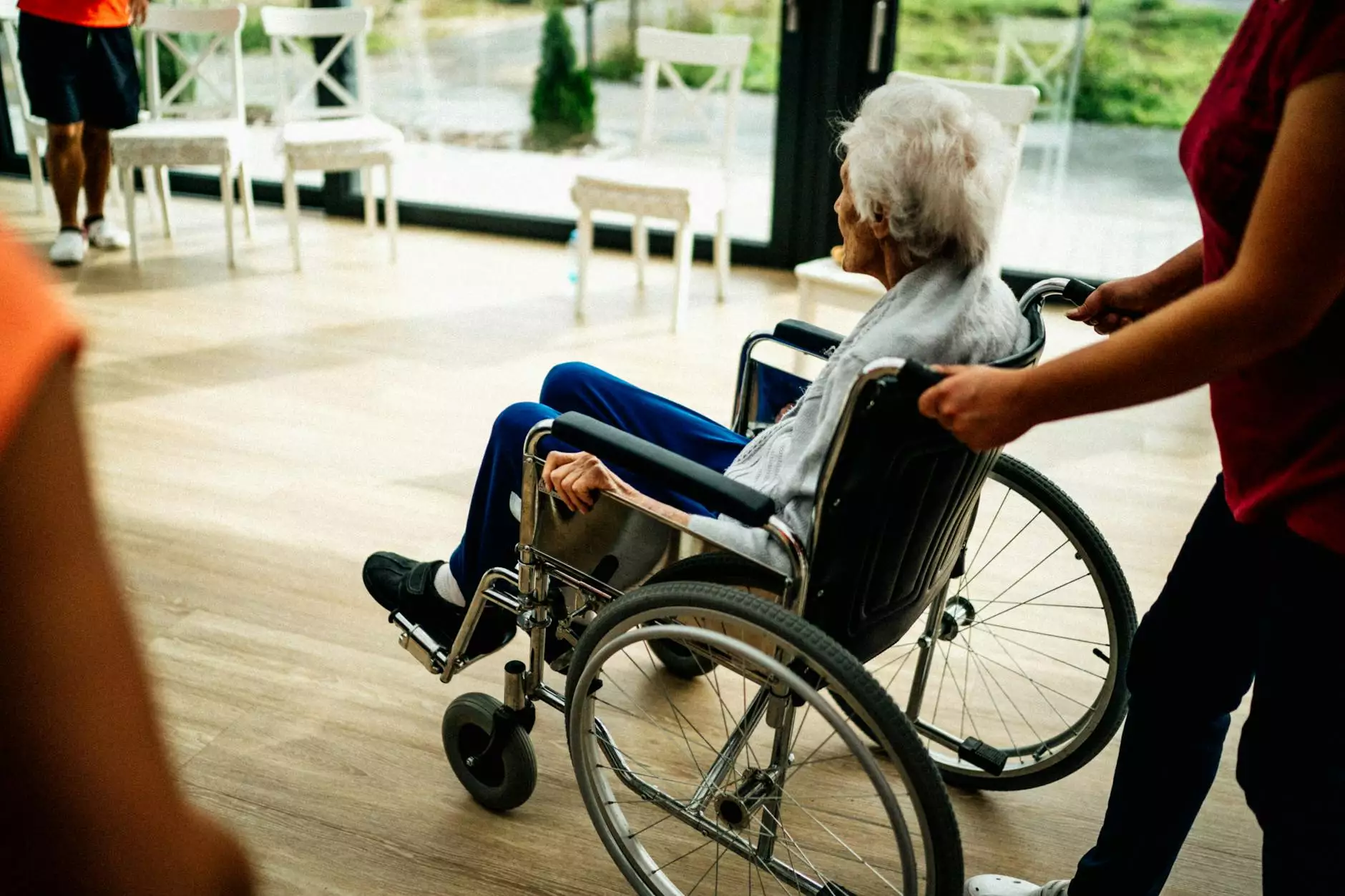Nursing Care Models

Welcome to The Knowledge Nest, your comprehensive source for information on nursing care models. In this essay example, we will delve into various nursing care models and discuss their applications in the community and society.
Understanding Nursing Care Models
Nursing care models serve as frameworks that guide the delivery of patient care and promote high-quality outcomes. They provide structure, organization, and a systematic approach to nursing practice, ensuring patients receive the best possible care.
The Importance of Nursing Care Models
Nursing care models play a crucial role in enhancing patient experience, improving healthcare outcomes, and promoting effective communication among healthcare providers. These models serve as blueprints for delivering comprehensive, patient-centered care and help nurses navigate complex healthcare systems.
Exploring Different Nursing Care Models
There are various nursing care models that have been developed to meet the diverse needs of patients and communities. Let's take a closer look at some of these models:
1. The Medical Model
The medical model is a traditional approach to healthcare where the emphasis is primarily on the diagnosis and treatment of medical conditions. In this model, healthcare professionals, including nurses, work in collaboration with physicians to provide care to patients. However, the medical model may have limitations when it comes to addressing the holistic needs of patients.
2. The Holistic Care Model
The holistic care model takes a more comprehensive approach, focusing on the physical, emotional, social, and spiritual needs of patients. Nurses using this model consider the whole person rather than just treating a specific medical condition. They aim to promote healing and well-being by considering all aspects of the patient's life.
3. The Community-Based Care Model
In the community-based care model, nurses provide healthcare services directly to individuals and families within the community. This model emphasizes health promotion, disease prevention, and the provision of care in non-traditional settings. Community-based care models are particularly effective in reaching underserved populations and addressing health disparities.
4. The Case Management Model
The case management model involves coordinating and managing the healthcare needs of patients across different settings. Nurses using this model act as advocates, facilitators, and coordinators, ensuring patients receive the necessary resources and support to achieve optimal health outcomes. Case management models are especially valuable for individuals with complex or chronic health conditions.
5. The Team Nursing Model
In the team nursing model, a group of healthcare professionals collaborates to provide care to a group of patients. The model emphasizes shared decision-making, effective communication, and teamwork. By leveraging the expertise of various healthcare professionals, this model promotes efficient and patient-centered care.
Applications of Nursing Care Models
Nursing care models find application across a wide range of healthcare settings, including hospitals, clinics, long-term care facilities, and community health centers. These models enable nurses to deliver high-quality, evidence-based care that meets the unique needs of each patient.
Improving Patient Outcomes
By implementing nursing care models, healthcare organizations can improve patient outcomes such as reduced hospital readmissions, decreased infection rates, and improved patient satisfaction. These models provide a structured and systematic approach to care delivery, ensuring that patients receive the right care at the right time.
Enhancing Communication and Collaboration
Nursing care models promote effective communication and collaboration among healthcare providers, leading to better coordination of care. With clear roles and responsibilities defined within the models, healthcare teams can work together efficiently, maximizing patient safety and quality of care.
Addressing Health Disparities
Community-based care models, in particular, play a significant role in addressing health disparities within the community. By taking healthcare services directly to underserved populations, nurses can bridge the gap in access to care and improve health outcomes for vulnerable individuals.
Conclusion
In conclusion, nursing care models are essential frameworks that guide and enhance the delivery of patient care. They promote patient-centered, holistic care and strengthen communication and collaboration among healthcare providers. By understanding and implementing these models, nurses can significantly contribute to improving healthcare outcomes and transforming the lives of individuals and communities. For more detailed information on nursing care models, keep exploring The Knowledge Nest.










